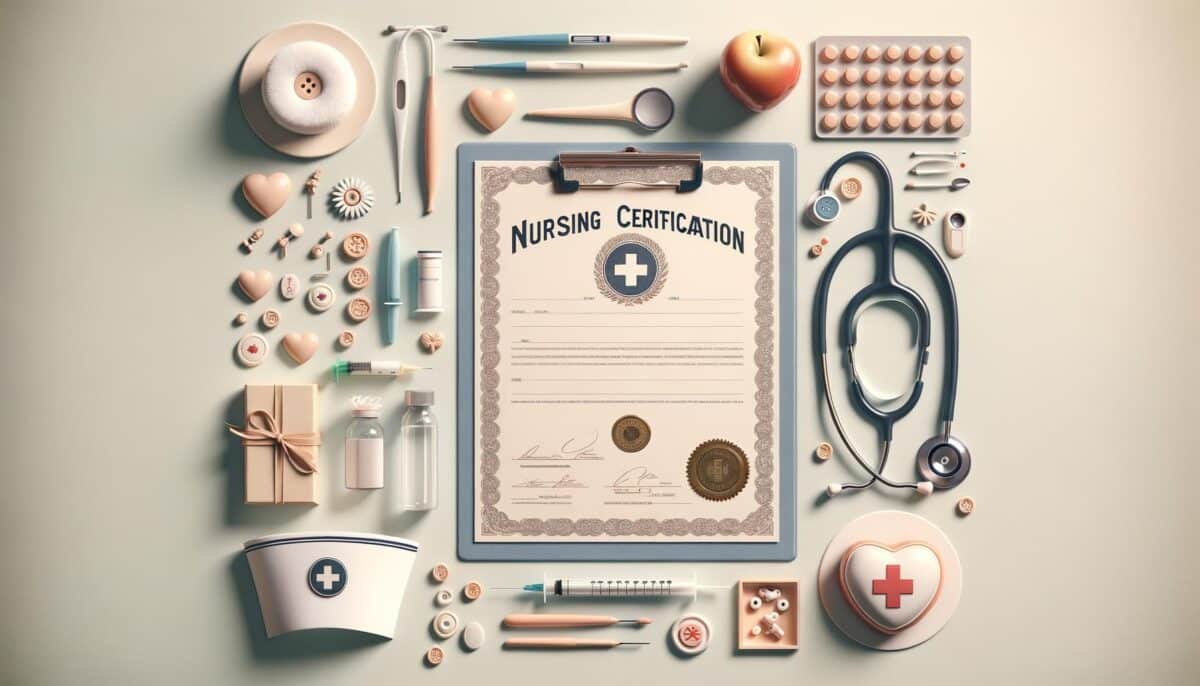Understanding the Significance of Nursing Certification
Nursing certification is a fundamental milestone that signifies a nurse’s dedication to education, professional development, and excellence in the nursing field. Recognizing the value that certification brings, many healthcare facilities increasingly encourage their staff to achieve it. Certification serves as a testament to a nurse’s expertise and commitment to delivering high-quality patient care. This credential not only validates the advanced skills and knowledge a nurse possesses but also provides a competitive edge in the job market. As healthcare systems evolve, the need for certified nurses who are equipped with specialized skills becomes paramount for maintaining high standards of patient care, safety, and satisfaction. Furthermore, certified nurses are often entrusted with greater responsibilities and leadership roles within their organizations, advancing both their careers and the quality of healthcare delivery.
Professional Growth and Development Opportunities
Nursing certification opens doors to a multitude of professional growth and development opportunities. Certified nurses are more likely to be considered for leadership roles, such as nurse managers, educators, or executives. They often find themselves in a position to influence policies and procedures, contributing significantly to improving patient care practices. Moreover, certification can lead to career specialization in various fields of nursing, such as pediatrics, gerontology, and oncology, among others. This specialization not only enhances their expertise but also allows nurses to explore different paths within the nursing profession that align with their passions and interests. The continuous pursuit of knowledge through recertification is another critical aspect, ensuring that nurses remain updated with the latest medical advancements and best practices in their fields.
Enhancing Patient Care Quality and Safety
The role of certified nurses in enhancing patient care quality and safety cannot be overstated. Certification programs emphasize advanced clinical skills and critical thinking, equipping nurses to make informed and sound decisions in complex healthcare scenarios. Here are some ways certification improves patient care:
• Promotes adherence to best practice guidelines.
• Increases accountability and professional standards.
• Enhances patient trust and satisfaction with healthcare services.
By obtaining certification, nurses demonstrate their commitment to patient-centered care, which is critical for fostering trust and building strong patient-nurse relationships. These relationships are essential for providing a supportive and healing environment for patients and their families.
Requirements and Pathways to Certification
Entering the realm of certified nursing involves meeting specific requirements and choosing the right certification pathway. Typically, nurses must possess a current, unencumbered RN license and meet a certain number of clinical practice hours in their chosen specialty area. Continuing education is also a requirement, reflecting a commitment to lifelong learning and professional development. There are various certifying bodies, each offering diverse certification programs tailored to different nursing specialties. Prospective candidates should carefully research and select a certification that aligns with their career goals and practice areas. Engaging in certification not only fosters personal fulfillment but also contributes meaningfully to the advancement of the nursing profession as a whole.
The Financial Impact of Nursing Certification
Financially, nursing certification can offer substantial benefits. Certified nurses often see an increase in salary, reflecting their enhanced qualifications and the value they bring to healthcare organizations. Many hospitals and healthcare facilities offer incentives, such as salary differentials and bonuses, to encourage certification among their nursing staff. Additionally, certified professionals are better positioned in salary negotiations and often have access to scholarships, grants, and tuition reimbursement programs that support further education and career advancement. Along with the potential for financial gain, certification offers job security in a rapidly shifting employment landscape, making certified nurses invaluable assets to any healthcare organization.
Conclusion
Nursing certification is a critical component for career advancement and the enhancement of healthcare practices. It reflects a nurse’s commitment to continuous learning and the pursuit of excellence in patient care. By obtaining certification, nurses not only elevate their professional standing but also contribute significantly to the quality and safety of healthcare services. As the healthcare industry continues to evolve, the demand for certified nurses will likely increase, underscoring the importance of this accreditation in shaping the future of nursing.
